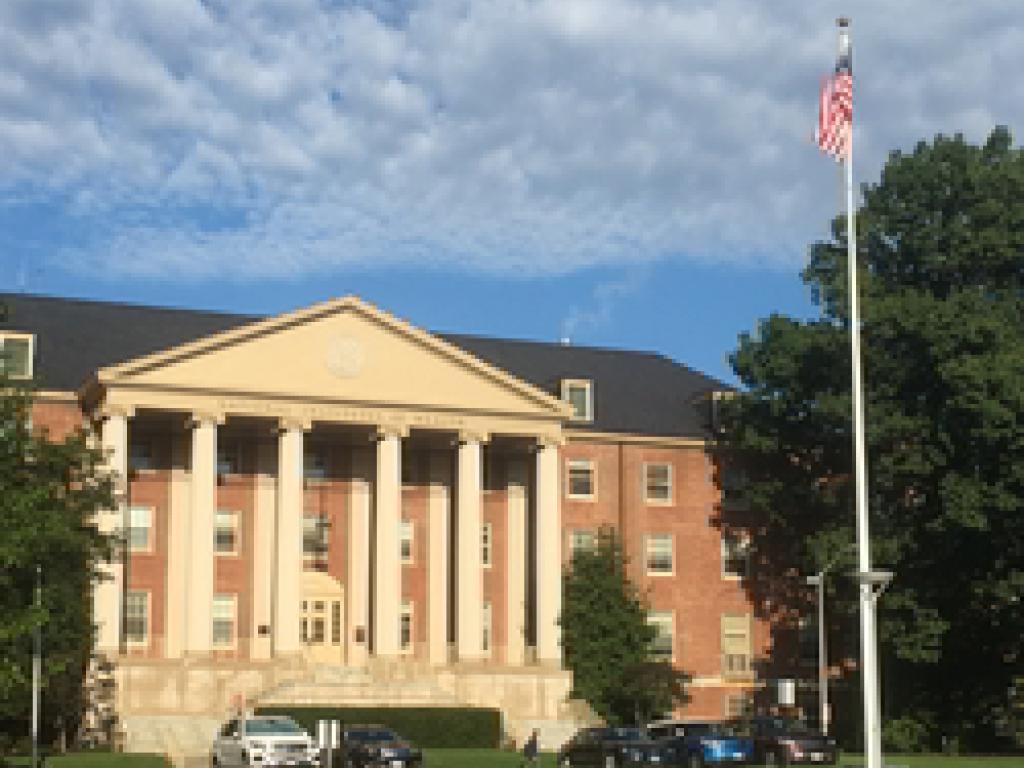Fogarty International Center networking meeting


This year marks 50 years of the FIC; this institute has been a leader in US global health research efforts. Despite having the smallest budget of any NIH institute, its achievements have been remarkable. The strong global health agenda of the FIC has been recognised by the US Congress and benefits the global population and the American people. The US government will thus continue to help support the long-term sustainability of this institute.
A variety of issues were discussed at this networking meeting which included:
- long standing successful training programmes;
- building capacity for research in institutions in low and middle income countries (LMIC);
- leveraging activities and funds in LMIC to maximise capacity building; and
- developing research career paths at LMIC institutions and developing laboratory and biostatistical support capacity.
Many programmes have focused on building capacity in LMIC in two key areas: laboratory capacity building and research capacity building. As a result, one key discussion was how the success of these programmes for capacity building will be measured. One key element for success is the retention of researchers in institutions based in LMIC, which is key for institutional research development.
In addition it was recognised that there was a need to identify scientific gap areas for research training in HIV/TB and TB. This is still a work in progress but it was agreed that new focus areas should be identified.
The meeting provided a platform for the sharing of ideas and networking between the various training programmes. The FIC has been successful in training and developing research capacity in many LMIC, despite the many challenges.
South Africa receives the largest share of NIH funding for research and training when compared with many other LMICs. The University of Cape Town as an institution has been able to attract a large sum of this funding. The current D43 Fogarty HIV Training Program aims to further develop research capacity at UCT by training the next generation of researchers while at the same time addressing the transformation imperatives of the institution. This aligns well with the objectives of the FIC.
